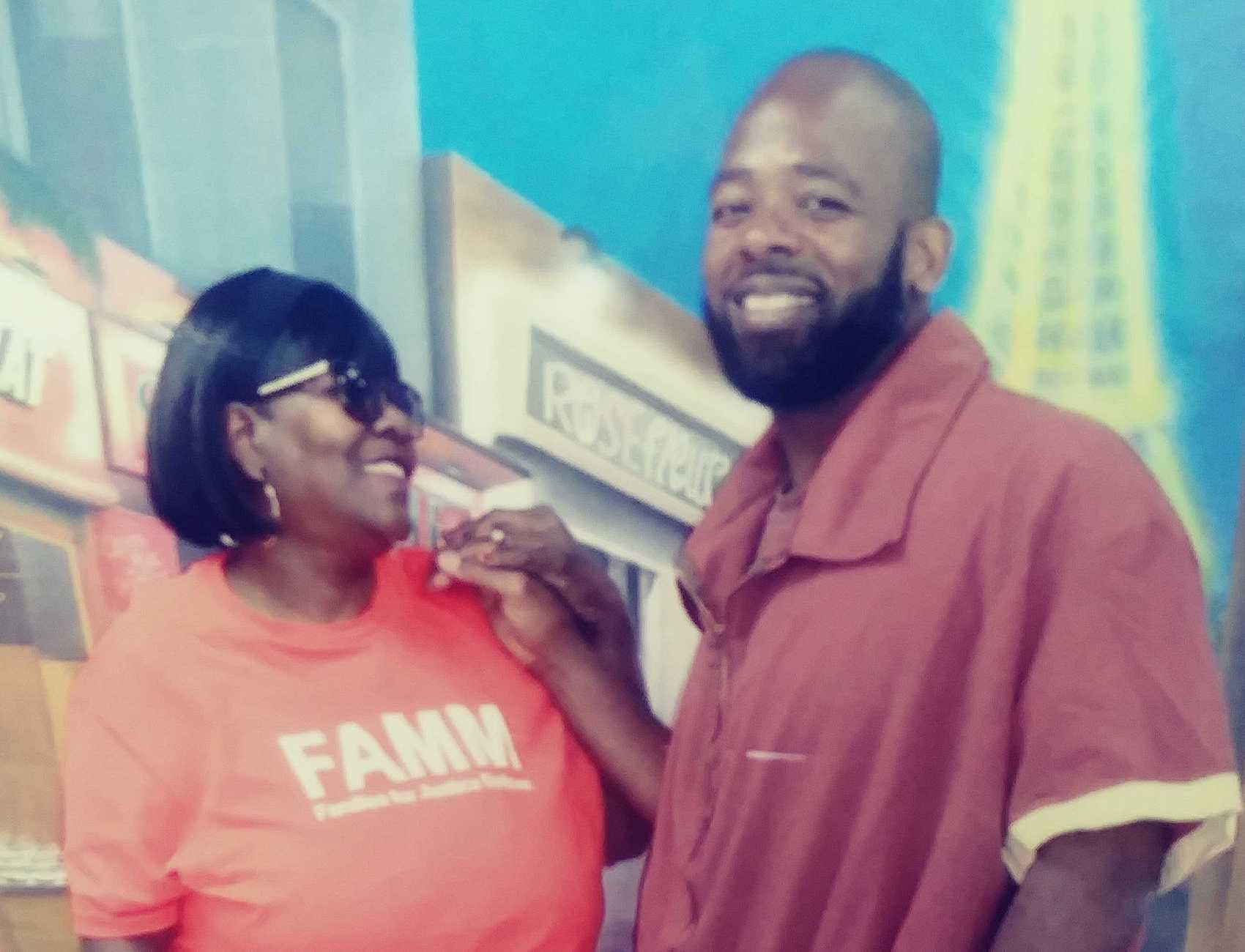Life and Loss: A Son Sentenced to Die in a Pennsylvania Prison
An Appeal documentary on life without the possibility of parole—and its impact on loved ones—in the state.

In 1993, Antoinette Osei’s oldest son, Jay, was arrested and charged with murder in Allegheny and Philadelphia counties. He was ultimately sentenced to life in prison without the possibility of parole.
Within two months of Jay’s arrest, Osei left her home in Pittsburgh with her youngest son, Ron, and moved to Georgia. She barely spoke about Jay to anyone other than her family for more than two decades.
Now, nearly 30 years later, Osei is back in Pittsburgh, advocating for the roughly 5,400 people sentenced who, like Jay, are sentenced to grow old and die in prison.
“I just pray one that day he could be free and that everybody can hear his story, you know?” Osei said. “Give him a chance to tell his story.”
In 1976, fewer than 700 people were serving life without the possibility of parole sentences in Pennsylvania. By 2018, that number had ballooned to more than 5,400 people.
“We still have to understand that when somebody is serving life without parole, that there is a family who is also being harmed in that,” Celeste Trusty, Pennsylvania state policy director for Families Against Mandatory Minimums (FAMM), told The Appeal. “And we need to start bringing those two sides together because it’s not an us versus them thing.”
Since 1995, only 25 people have received commutations from life sentences in the state. More than half have occurred since Lieutenant Governor John Fetterman, a Democrat, took office in 2019.
Fetterman ran in part on a platform of revitalizing the commutations process.
“Mercy must be a partner of justice,” Fetterman told The Appeal. Forgiveness and redemption, he said, are a major part of our society’s philosophy. “And why would we want it to be removed from our criminal justice system where it is perhaps needed more than anywhere else?”
Mercy must be a partner of justice.
John Fetterman Lieutenant Governor of Pennsylvania
In November, Democratic state Senator Sharif Street reintroduced a bill that would for the first time provide parole eligibility for people convicted fo first- and second-degree murder. SB 942 is a companion bill of HB 135, introduced by state Representative Jason Dawkins, a Democrat. Both bills face steep opposition, including from the state Victim Advocate Jennifer Storm, and have seen little movement in the legislature.
Storm publicly opposes any bill that provides parole eligibility for anyone convicted of first-degree murder and anyone currently serving a life without the possibility of parole sentence.
“Don’t just put [people] in a box and leave them there and say, okay, we solved the problem,” Osei said. “Because just putting them in a box and forgetting about them, that’s not helping the situation at all. It’s just making it worse.”
Watch the video:
